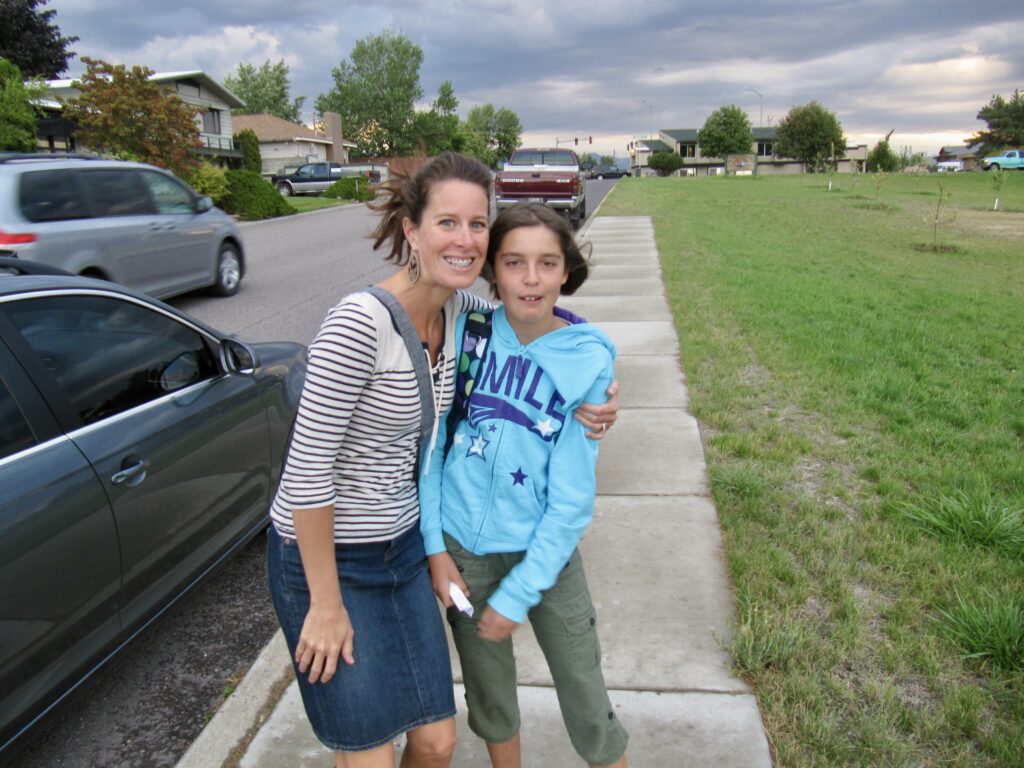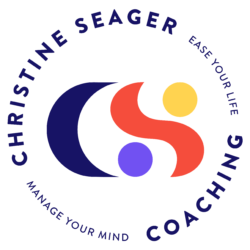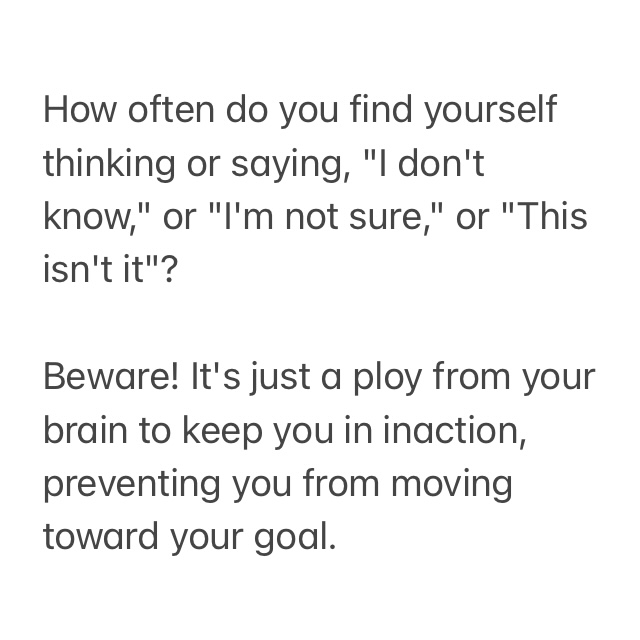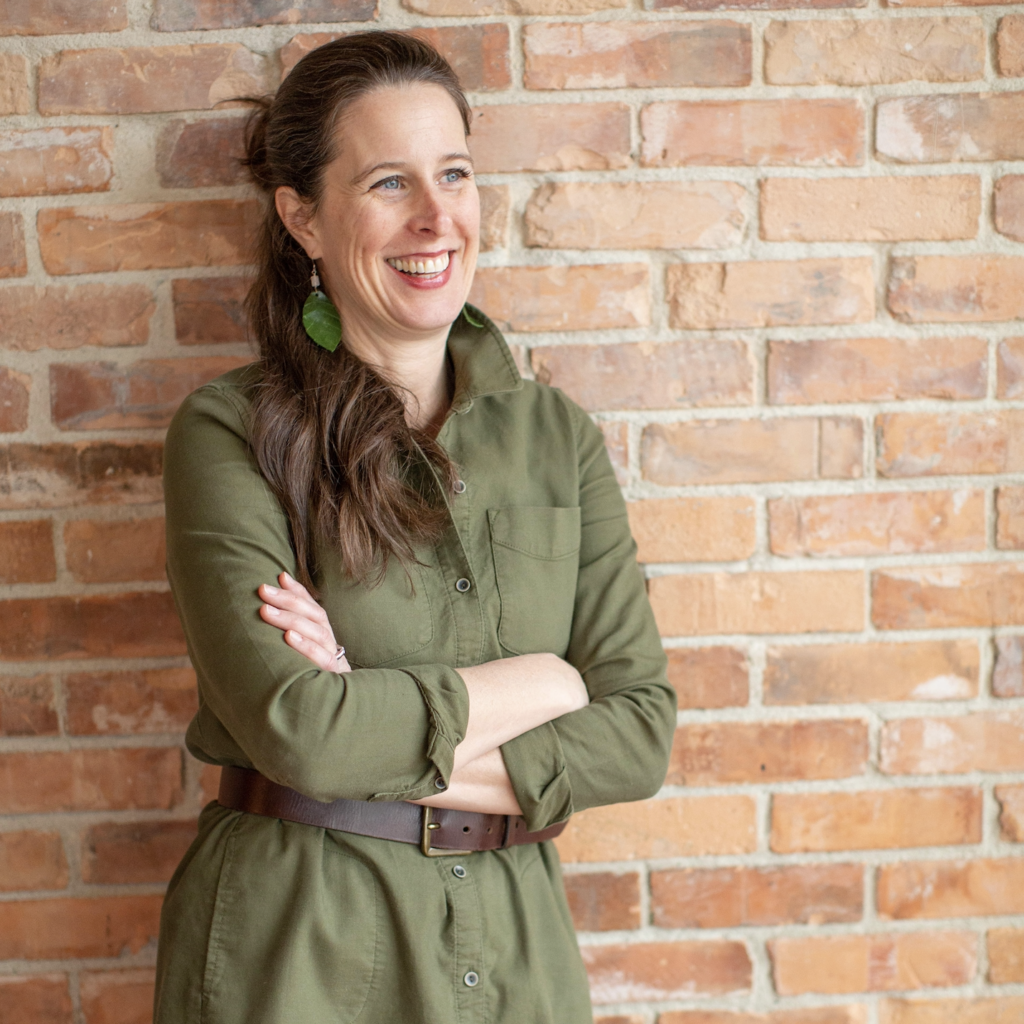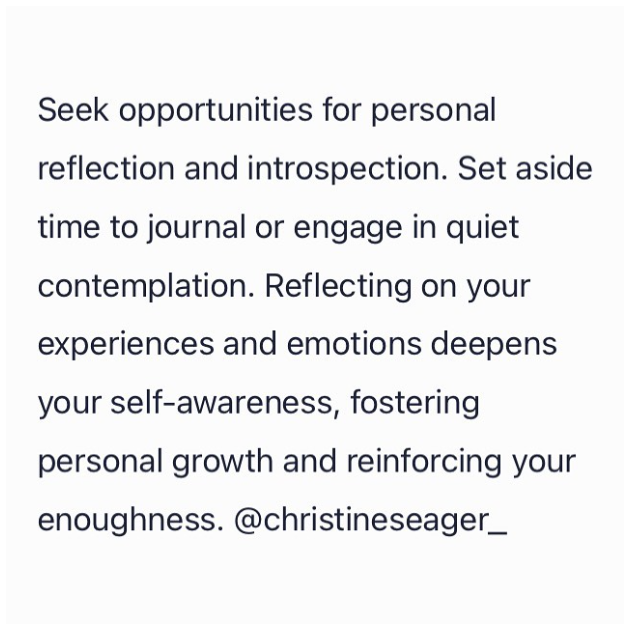I used to be the woman constantly running—dropping Tara off at school, juggling work, soccer, ski lessons, and home (all with a supportive and helpful husband) while trying to squeeze everything into a 24-hour day that never felt long enough. I gave everything I had—my energy, my love, my time—to everyone else, including my family, my job, and my friends. And whenever I tried to carve out a little space for myself, it felt impossible, like there wasn’t enough time.
I looked at other women and wondered how they had it all figured out. They seemed to be doing something that I was missing. I felt like I was failing, like something was wrong with me because I couldn’t seem to crack the code. And I was exhausted from trying.
But here’s what I learned: nothing had gone wrong, and nothing was wrong with me. The only real difference between me and those other women? They believed they could figure it out, so they kept trying. They didn’t have some secret formula or hidden knowledge that I didn’t. They were just doing life—just like me.
They experimented with different routines, schedules, and ideas. When things didn’t work out, they didn’t label it as a failure. They saw it as part of the process and kept moving forward, adjusting as they went.
Once I realized that, I stopped believing everyone else had it figured out while I didn’t. I started making small changes and gave myself permission to let it be messy. I stopped trying to cram everything into a perfect 24-hour container and started focusing on what worked for me. I saw that I was not failing at life. I was living it. This was the process; it was the journey.
And I want you to know that if this resonates with you, I can help you go from feeling overwhelmed and exhausted to feeling more in control. Together, we’ll focus on practical strategies for managing your time, prioritizing what matters to you, and making small, meaningful changes. You don’t have to figure it out alone. I’ll be there to support you as you find what works so that you can live a life you truly love.
If you want an easy way to come and see what I’m all about, join the How to Manage Your Time Masterclass on Wednesday, September 11, at 11 AM. Registration is required, and you can do so here.
I’ll be there waiting for you with open arms. I’ve got you. 💕💕
P.S. Reminder: Employees get free coaching sessions as part of Logan Health’s benefits. You can book a coaching session here.
P.P.S. Liked what you read? Join my email list, where I dive deeper into these concepts and teach you how to put them into practice in your everyday life. And don’t forget to follow me on Instagram (@christineseager_) or Facebook (@seager.christine), where I share teaching moments and real-life examples of this work in action.
